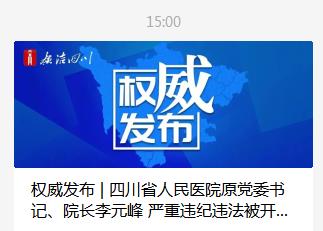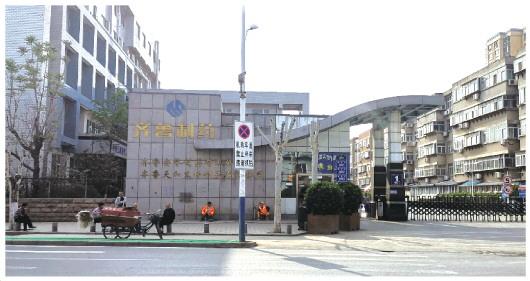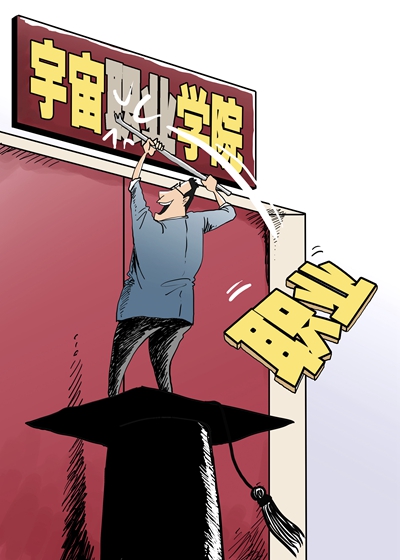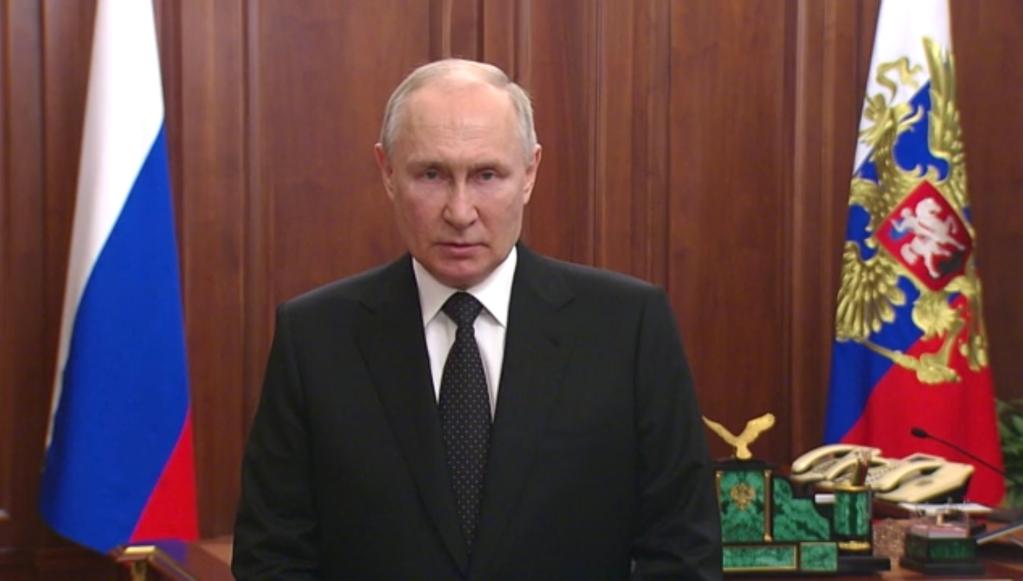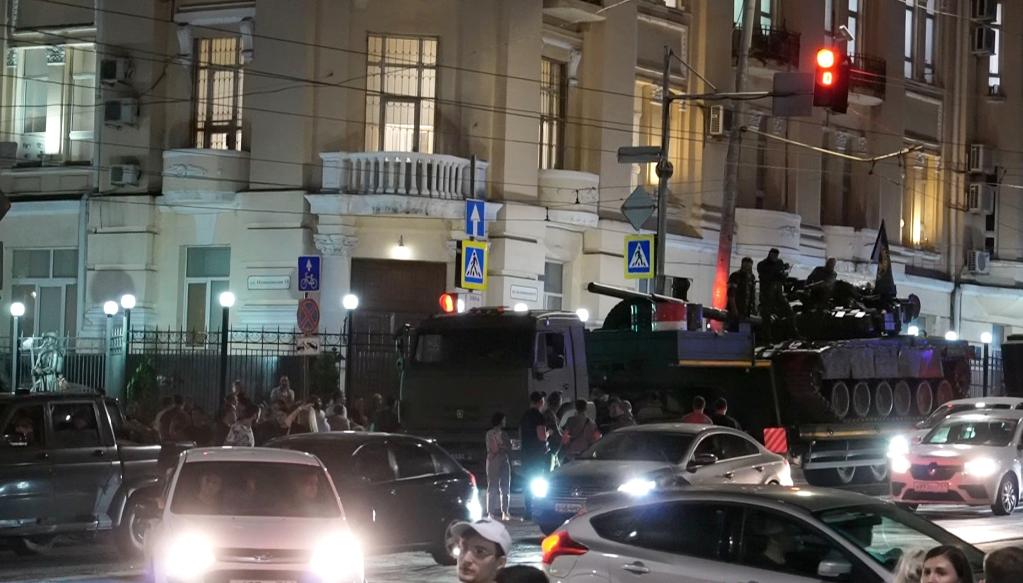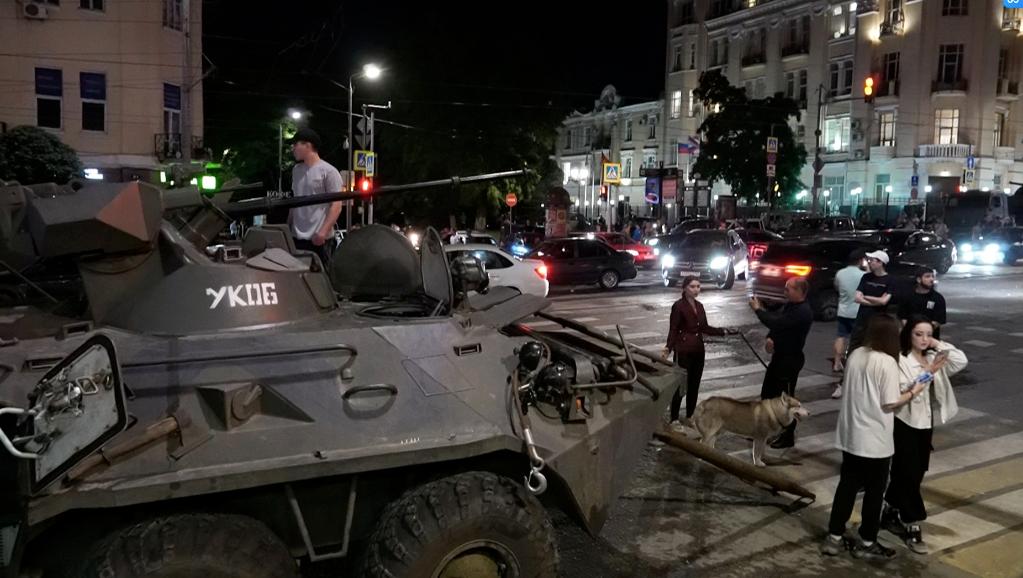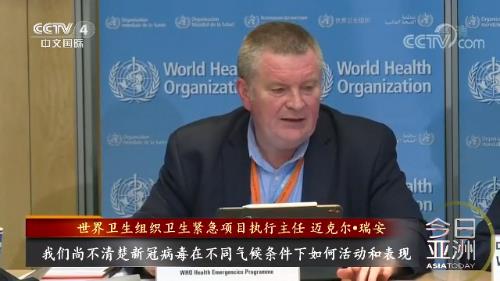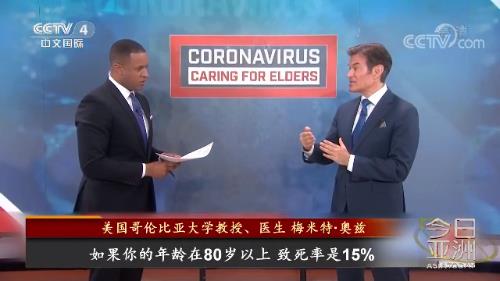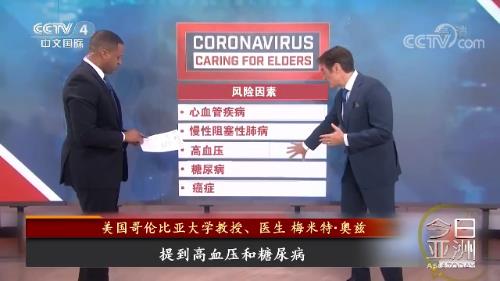Original title: Strive to build a pioneering area for ecological protection and high-quality development in the Yellow River Basin (following the footsteps of the General Secretary, Ningxia)
On the south of the Yangtze River, the sky is high and the clouds are light, and this fertile soil nourished by the Yellow River is full of vitality.
Since the 18th National Congress of the Communist Party of China, General Secretary of the Supreme Leader has visited Ningxia twice and delivered important speeches, giving important instructions to Ningxia’s work many times, which has pointed out the way forward and provided fundamental follow-up for building a beautiful new Ningxia.
Bearing in mind that the General Secretary of the Supreme Leader earnestly entrusted the broad masses of cadres and people in Ningxia to undertake the mission of ecological protection and high-quality development pioneer area construction in the Yellow River Basin, work hard in unity, and strive to continue to build a beautiful new Ningxia with economic prosperity, national unity, beautiful environment and rich people.
Make overall plans to promote ecological protection, restoration and environmental governance.
In summer, walking in the ancient city bay of Wuzhong Riverside Avenue in the Yellow River, I saw lush vegetation and waterfowl flying.
Wuzhong, which is located on the bank of the Yellow River, is an important area in Ningxia Yellow River Irrigation District. The Yellow River passes through the territory and flows through Wuzhong for 69 kilometers.
In June, 2020, General Secretary of the Supreme Leader pointed out during his inspection tour in Ningxia that the long-term stability of the Yellow River should be taken as the top priority, comprehensive river and beach management projects should be implemented, cross-strait dikes, river channel control and beach management should be promoted as a whole, water resources should be used sparingly and intensively, ecological protection and restoration and environmental management should be promoted as a whole, and efforts should be made to build a pioneering area for ecological protection and high-quality development in the Yellow River Basin.
Bearing in mind the entrustment of the Supreme Leader General Secretary, wuzhong cherishes the Yellow River more, takes good care of it, and insists on comprehensive management, systematic management and source management. "Based on the implementation of dike construction, river regulation, beach management, ecological restoration and other projects in previous years, we have further promoted the implementation of the river and lake length system, and 753 rivers, ditches and 84 lakes in the city have achieved full coverage of four levels of rivers and lakes in cities, counties and villages, and established a joint law enforcement mechanism for protecting the Yellow River with the participation of water affairs, public security and procuratorial departments." Su Xiaoli, director of wuzhong Water Affairs Bureau, said.
In order to enhance the ecosystem function of the Yellow River wetland and improve the ecological environment of the river basin, in recent years, wuzhong has implemented more than 30 key ecological management projects such as wetland protection and restoration, successively restoring and managing 32 kilometers of river wetlands and 17 lake wetlands, and restoring more than 40,000 mu of degraded wetlands.
"The improvement of wetland ecological function has created a good environment for migratory birds to thrive, and rare birds such as black storks have begun to come here ‘ Anjia ’ 。” Li Xueming, a staff member of the Wetland Protection and Management Center of wuzhong Natural Resources Bureau, said.
"The river is clear, the scenery is beautiful, and we have lived a happy life with the Yellow River." Ding Zihong, a villager from Qinbaguan Village, Jinji Town, Litong District, Wuzhong City, grew up by the Yellow River. Now he is responsible for environmental sanitation and cleaning on both sides of the ancient city bay for about 10 kilometers.
In 2020, Ningxia completed the second flood control project in Ningxia section of the Yellow River, realizing the transformation from decentralized emergency prevention to comprehensive management. Water pollution control has achieved remarkable results. In the past five years, the water quality of the exit section of Ningxia section of the Yellow River has remained stable at Class II.
Under the Helan Mountain in summer, the vineyards are endless, and the farmers who are pruning are busy in their hands and smiling on their faces.
Helan Mountain is an important physical and geographical dividing line in China and an important ecological security barrier in northwest China, which maintains the climate distribution and ecological pattern from northwest to Huanghuai area and guards the ecological security in northwest and north China.
In July 2016, General Secretary of the Supreme Leader pointed out that Ningxia is an important ecological security barrier in the northwest region, and it is necessary to vigorously strengthen the construction of green barriers. In June 2020, General Secretary of the Supreme Leader pointed out during his inspection tour in Ningxia that it is necessary to strengthen the top-level design, pay close attention to the implementation of responsibilities, strengthen supervision and inspection, and resolutely protect the ecology of Helan Mountain.
The "Shitanjing" tourist train from Yinchuan to Rujigou galloped along the foot of Helan Mountain. This green leather train, which has a history of more than half a century’s operation, was once prosperous because of coal, but now it is booming because of eco-industrial tourism.
"A few years ago, I didn’t dare to open the window casually, or I would have to eat a mouthful of black coal ash, and my white shirt would turn gray. Now the mines on the mountain are gone, and the roads are full of lush, and tourists are gradually increasing. " Li Jing, a train conductor who has worked for many years, is also amazed at the changes in the ecological environment of Helan Mountain.
Helan Mountain is rich in coal and other mineral resources, but once the ecosystem was destroyed due to disorderly mining. Since 2016, Ningxia has comprehensively carried out the renovation and restoration of the ecological environment of Helan Mountain, and has completed the renovation and restoration of 40 points in Helan Mountain Nature Reserve, and promoted the environmental management of 11 mining areas outside the reserve.
In the past five years, Ningxia has invested nearly 15 billion yuan in ecological protection and restoration of Helan Mountain, covering an area of 405,000 mu and withdrawing 16 million tons of coal production capacity.
Since 2021, Ningxia has gradually restored the natural ecological function of Helan Mountain through measures such as comprehensive management of mine geological environment. The ecological protection and restoration of Helan Mountain was included in the key project of the whole region during the "14th Five-Year Plan" period. At present, 16 ecological restoration projects and 50 sub-projects have been started, covering an area of 340,000 mu, and 450,000 mu of forest corridors, farmland forest networks and economic forest belts have been built.
"To implement the spirit of the important instructions of the Supreme Leader General Secretary, Ningxia will continue to implement ecological protection, governance, restoration and construction projects with special planning as the starting point, continuously improve the ecological environment quality of Helan Mountain and build an ecological security barrier." Cui Qipeng, director of the Department of Land and Space Ecological Restoration of the Natural Resources Department of Ningxia Hui Autonomous Region, said.
Persevere in promoting high-quality development
In Xixia District, Yinchuan City, there are many tourists in the grape plantation of Yuanshi Winery. It’s hard to imagine that this was an abandoned mine goaf 10 years ago.
On June 9, 2020, General Secretary of the Supreme Leader came to the grape plantation during an inspection tour in Ningxia, and communicated with the workers and technicians who were working to learn about grape planting technology, product sales and income. The general secretary stressed that with the continuous improvement of people’s living standards, the wine industry has great prospects.
"In the past two years, we have combined the development of the wine industry with the strengthening of ecological restoration, and strived to build a well-known brand, and our business has become more and more prosperous." Yuan Yuan, general manager of Yuanshi Winery, said.
In July 2021, Ningxia National Comprehensive Experimental Zone for the Open Development of Grape and Wine Industry was established. Taking the construction of the comprehensive experimental area as a major opportunity, Ningxia has made great efforts to build the wine industry into a pillar industry with high quality development. Last year, the comprehensive output value of Ningxia wine industry reached 30 billion yuan.
Helan County, Yinchuan City, covers an area of 3,600 mu of rice and fishing space. In the rural ecological sightseeing park, the breeze is light and the rice seedlings are swaying. The workers are putting fish and crabs in the field, which attracts many tourists.
On June 9, 2020, General Secretary of the Supreme Leader came here to listen to reports on the development of modern agriculture in Ningxia, the operation mode of agricultural cooperatives driving farmers to increase their income and get rich, watch the display of characteristic agricultural products in Ningxia, and understand the innovative practices of integrated development of rice, fishery and breeding industries. The general secretary emphasized that promoting agricultural transformation and development is the proper meaning of Ningxia’s promotion of high-quality development. Ningxia should cherish the water resources of the Yellow River, pay attention to solving the contradiction between rice and water, adjust the agricultural industrial structure, and actively develop water-saving and high value-added breeding industry.
"In addition to planting rice in the farmland, fish, crabs and ducks are also raised to achieve multi-use of one water and multi-harvest in one field." Zhang Qinghua, director of planting in the park, said that taking the road of integration of agriculture and tourism, the income of the park last year was 18.8 million yuan, driving more than 100 farmers to increase their income by more than 30,000 yuan per capita.
Helan County is located in the Yellow River Irrigation District. By popularizing and applying water-saving facilities and technologies such as drip irrigation, sprinkler irrigation and intelligent sluice, in 2021, the county will save 31.1 million cubic meters of agricultural irrigation water.
Implementing the spirit of the important instructions of the Supreme Leader General Secretary, Ningxia adheres to the principle of measuring water and giving priority to water conservation. At the end of last year, it issued the "14th Five-Year Plan" for the control and control of water rights. By controlling the total amount, sending indicators to counties, printing water use warrants, and building a trading platform, it has formed a mechanism in which indicators of production water and surplus indicators can be traded, achieving rigid constraints on the use of water resources with a rigid system, and striving to use precious water resources in the cutting edge.
At present, the irrigated farmland with high efficiency and water saving in Ningxia Yellow River Diversion Irrigation Area has exceeded 4 million mu, accounting for more than half of the irrigated farmland. Ningxia plans to gradually standardize the water supply channels and drainage works in irrigation areas in about 10 years, and it is expected to save 560 million cubic meters of agricultural water during the 14 th Five-Year Plan period.
In June 2020, General Secretary of the Supreme Leader stressed during his inspection tour in Ningxia that it is necessary to persistently promote high-quality development, accelerate the transformation of economic development mode, accelerate industrial transformation and upgrading, accelerate the transformation of old and new kinetic energy, and promote the rational growth and steady improvement of economic development.
Black and shiny coal can be transformed into oil and natural gas, and can also be transformed into white aramid fabric. The story of modern coal chemical industry changing coal from fuel to raw material is constantly being interpreted in Ningdong Energy and Chemical Industry Base in the vast sea in the east of Yinchuan.
On July 19th, 2016, when General Secretary of the Supreme Leader visited Ningdong Energy and Chemical Industry Base, he pointed out that it is of strategic significance to build such an energy and chemical industry base in western China, especially to build the largest single coal-to-oil project in the world. We should make persistent efforts, strive for perfection, strictly control technology, quality, safety and environmental protection, and complete the construction task on time with good quality and quantity.
On December 21, 2016, the coal-to-liquid project in Ningdong Base was successfully commissioned. The oil product line A of the 4 million tons/year coal indirect liquefaction project opened the whole process to produce qualified oil products, realizing the transformation of coal from black to white and resources from heavy to light, and the industry was successfully transformed and upgraded.
A few days later, to the surprise of the R&D team, the General Secretary of the Supreme Leader made an important instruction on the completion and commissioning of the project: "The completion and commissioning of this major project is of great significance to enhancing China’s independent energy security capability, promoting clean and efficient use of coal, and promoting the development of ethnic minority areas. It is a useful exploration of the safe, efficient, clean and low-carbon development mode of energy and an important achievement in implementing the innovation-driven development strategy."
Bearing in mind the entrustment of the Supreme Leader General Secretary, the cadres and workers of Ningdong Base are determined to forge ahead and create new achievements. Today’s Ningdong base has gathered a number of world-class projects and built three industrial clusters: coal-to-liquids, coal-based olefins and fine chemicals. At present, there are more than 200 enterprises entering the park, and the modern industrial system in which emerging industries such as new materials, new energy, electronic materials, energy conservation and environmental protection complement each other and develop harmoniously has become the main power source and stabilizer for Ningxia’s economic growth.
In 2021, Ningxia achieved new results in promoting high-quality development, and the emerging kinetic energy accelerated. The added value of industrial high-tech manufacturing industry above designated size in the whole region increased by 22.5% year-on-year, and the added value of equipment manufacturing industry increased by 12.7% year-on-year, which was 14.5 and 4.7 percentage points higher than that of all industrial enterprises above designated size respectively. Renewable energy sources such as hydropower, wind power and solar energy generated 48.52 billion kWh, up 37.7% year-on-year. The Internet economy developed rapidly, with the annual online retail sales of 30.28 billion yuan, a year-on-year increase of 46%.
Promote the effective connection between comprehensive poverty alleviation and rural revitalization strategy
Driving on the broad asphalt road under Liupanshan Mountain, the countryside and the green hills and trees set each other off. After several turns, Yangling Village arrived.
On July 18, 2016, General Secretary of the Supreme Leader came to Yangling Village, Dawan Township, Jingyuan County, Guyuan City in the rain to inspect the poverty alleviation work. In the home of poor household Mark Jun, the General Secretary learned in detail about the formulation and implementation of poverty alleviation measures. When talking with the villagers’ representatives, the villagers’ representatives talked about the remarkable changes in water, electricity, roads and industrial development in the village in recent years.
"From housing, facilities and cowshed to employment, income, schooling, medical treatment and public services, the general secretary asked very carefully, and the villagers were warm." Mark Jun is still fresh in his memory.
In Yangling village, General Secretary of the Supreme Leader pointed out that good days are obtained through hard work. Developing industry is the fundamental strategy to get rid of poverty. It is necessary to adjust measures to local conditions and take the cultivation of industries as the fundamental way to promote poverty alleviation.
In recent years, the beef cattle industry in Yangling Village has flourished. After 90, Liu Jianren came to Yangling Village from Yinchuan to build a beef cattle farm. Last year, he helped villagers sell 1,500 high-quality calves through the online platform.
Mark Jun entrusted three cows in his family to the farming park in the village for custody and received dividends every year. After the renovation of his old house, he opened the "Laoma Teahouse" with an annual income of 10,000 yuan.
"In 2016, the per capita net income of our village was 6,960 yuan, reaching 12,652 yuan at the end of last year, nearly doubling." Yang Jie, secretary of the Party branch of Yangling Village, said that there are currently 1,100 cows and more than 1,000 sheep in the village, with an annual output value of 30 million yuan.
In June 2020, General Secretary of the Supreme Leader stressed during his inspection tour in Ningxia that it is necessary to consolidate and enhance the achievements of poverty alleviation, maintain the overall stability of existing policies, and promote the effective connection between comprehensive poverty alleviation and rural revitalization strategies.
To implement the spirit of the important instructions of the Supreme Leader General Secretary, Ningxia invested 2 billion yuan this year to support the development of advantageous industries with rural characteristics, and the proportion of rural revitalization funds used for industrial development was not less than 55%. We will support key counties in rural revitalization and concentrated resettlement areas to develop agricultural industries with agricultural characteristics, and develop characteristic courtyard economy such as "small planting, small farming, small pastoral, small processing, small business and small residential accommodation" according to local conditions to ensure that more than 40% of the income of people out of poverty comes from industries.
June 8th is an unforgettable day for people in Hongde Village, Hongsibao District, wuzhong. On June 8, 2020, General Secretary of the Supreme Leader came to Hongde Village and listened to the introduction of poverty alleviation in Ningxia and Hongde Village in the courtyard of the village poverty alleviation workshop. The general secretary pointed out that the purpose of setting up poverty alleviation workshops is to help the poor, and it is necessary to adhere to the nature of poverty alleviation, lean toward the people in need, and recruit more people in need for employment. Villagers are employed at home, although their income is not higher than that of migrant workers, but they can save accommodation, food, transportation and other expenses, and they can also take care of their families, killing two birds with one stone.
"Now, the village has developed industries such as beef cattle breeding and day lily planting. My son works in a nearby beef cattle breeding garden, and the family earns 90,000 yuan a year." Talking about the good days at the moment, villager Liu Kerui smiled.
The eight characters "Fujian-Ningxia cooperation, Dehua aid construction" are hung above the external wall of the poverty alleviation workshop in Hongde Village. In the poverty alleviation workshop, dozens of villagers are installing plastic handles for packaging cartons. "Now the workers engaged in technical jobs in the workshop earn three or four thousand yuan a month, and the villagers who get paid by piece can also earn about 1000 yuan every month." Xu Ling, the person in charge of the workshop, introduced.
In the past two years, the infrastructure of Hongde Village has been gradually improved and the industrial structure has been continuously optimized. In 2021, the village collective economic income exceeded 1.4 million yuan, and the per capita net income of villagers reached 12,500 yuan.
In recent years, Ningxia has intensified its efforts to cultivate and expand leading enterprises in agricultural industrialization, and radiation has driven the revitalization of rural industries. This year, the "Thirteen Policies and Measures on Further Promoting Farmers’ Income" issued by Ningxia proposed that there were more than 70 agricultural products processing enterprises with operating income exceeding 100 million yuan in the whole region, and the processing conversion rate reached over 72%.
Strive for a new journey and build a new era. The main responsible comrades of the Party Committee of Ningxia Hui Autonomous Region said that they should thoroughly study and implement the spirit of the important speech and important instructions of the Supreme Leader’s General Secretary in inspecting Ningxia, undertake the mission and task, work hard and persevere, and strive to write a magnificent chapter in building a beautiful new Ningxia with socialist modernization in an all-round way.
(Reporter Li Zenghui, Zhang Wen, Liu Feng, Yan Limin, Qin Ruijie)
